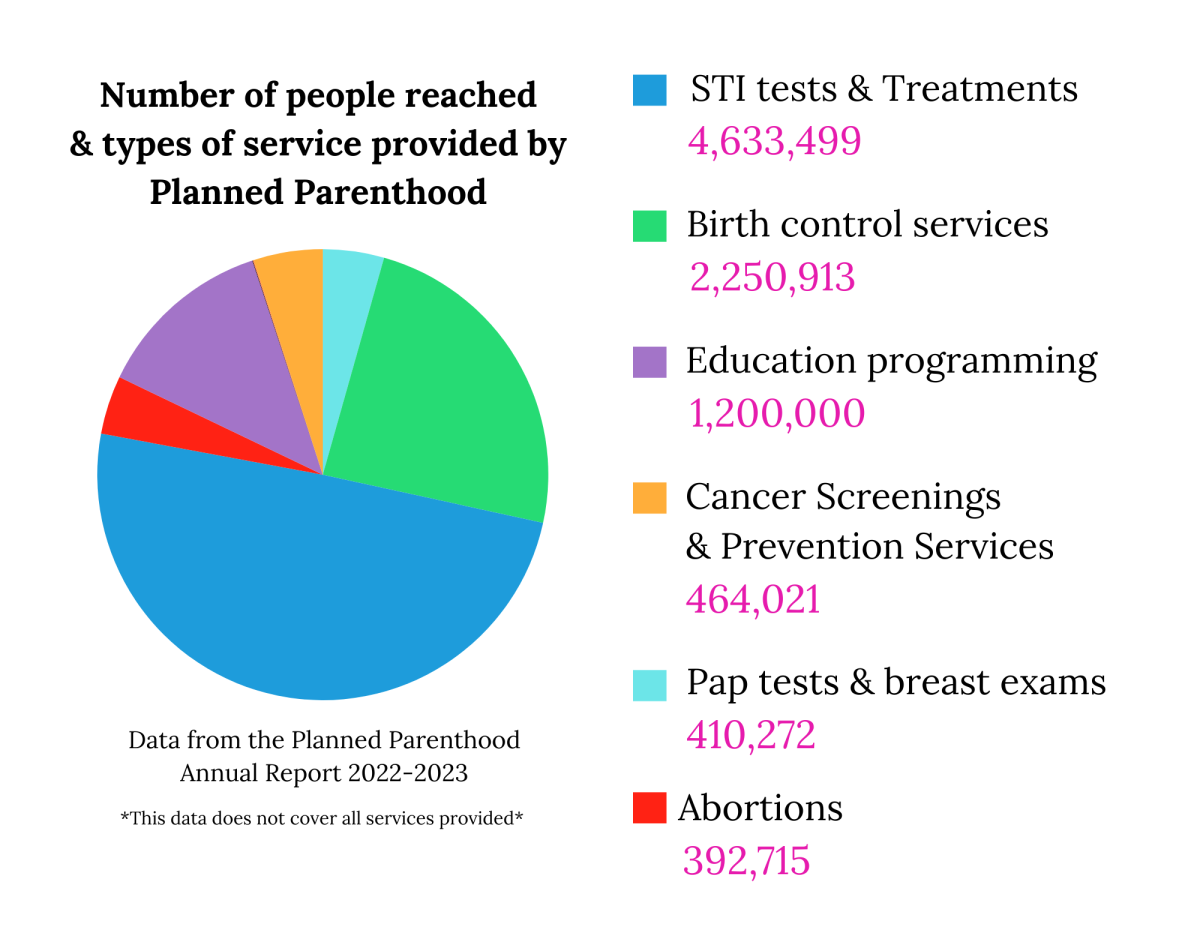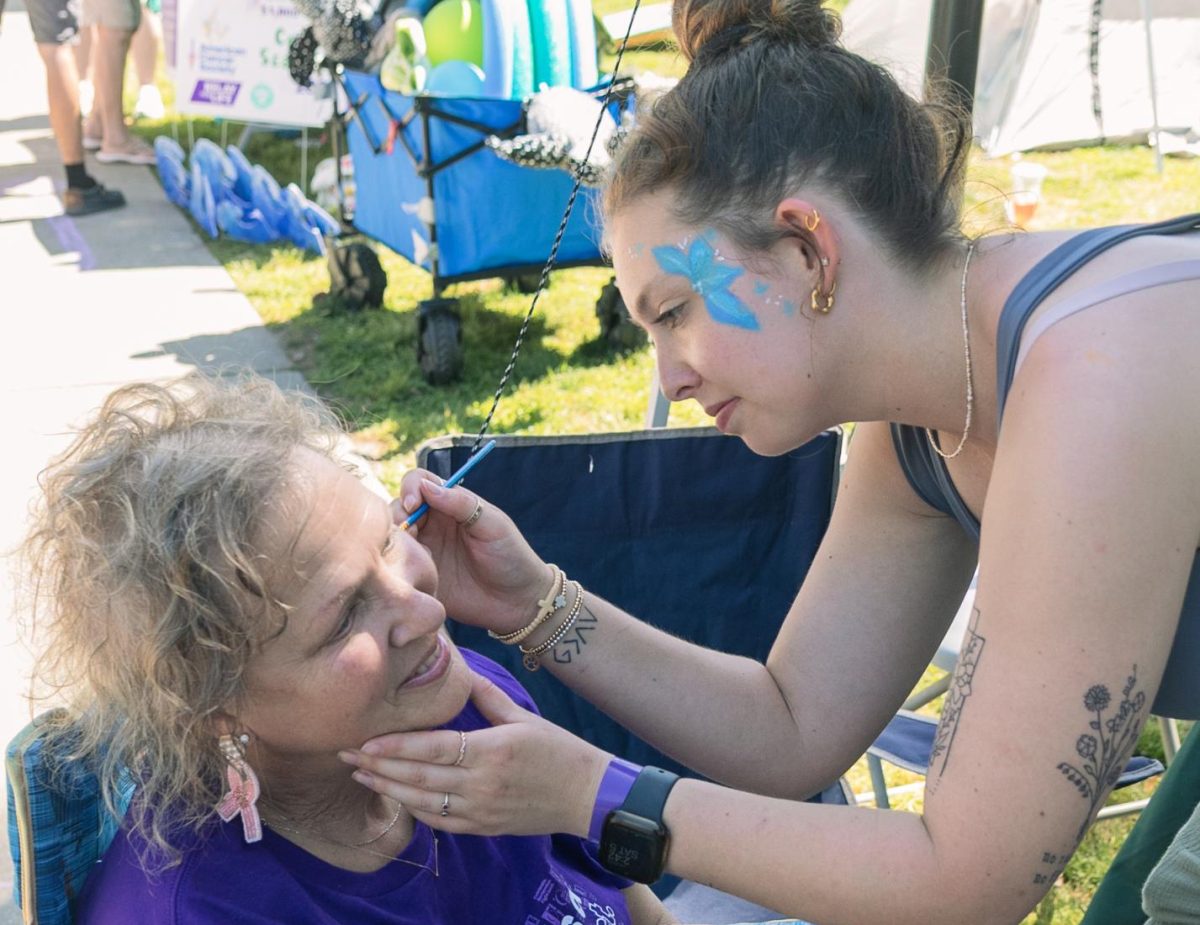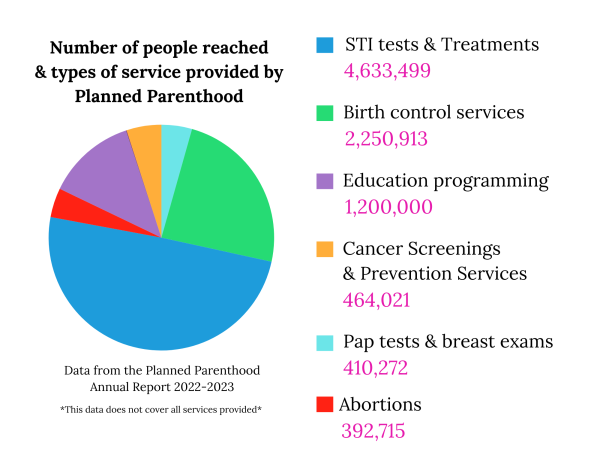South Carolina strikes down abortion ban
South Carolina’s Supreme Court struck down the six-week ban on abortions on Jan. 5 to protect the rights of those seeking abortion.
The Court made the decision based on its state constitution, which differs from the U.S. and other state constitutions as it has a unique provision regarding the right to privacy.
After the landmark decision of the U.S. Supreme Court this past summer which overturned Roe v. Wade, South Carolina quickly invoked the six-week abortion ban. The ban was short-lived as Planned Parenthood South Atlantic sued under the state constitution’s protection of individual privacy.
The Fetal Heartbeat and Protection from Abortion Act (“the Act”), signed by South Carolina Governor Henry McMaster in 2021, banned abortions at around six-weeks.
“This is before many women—excluding those who are trying to become pregnant and are therefore closely monitoring their menstrual cycles—even know they are pregnant,” as said in the case of Planned Parenthood South Atlantic et al v. State of South Carolina heard on Oct. 19, 2022.
A criticism of the “fetal heartbeat” bill is that it is not medically accurate. The General Assembly is using the term “fetus” to refer to this early stage of gestation. This runs contrary to medical science which uses the term “embryo” until eight weeks post-fertilization.
Maritza Mazariego, senior biology major and president of Student Advocating Gender Equality (SAGE) at Coastal Carolina University, said the Act utilizes “vindictive language” by suggesting the embryo has a heart at the six-week gestation period when it does not.
“You do get a noise when you put a stethoscope over it. However, that is not a heart because there is no heart. It is electrical impulses, which also occurs when people are brain dead,” Mazariego said.
CCU student and member of the Social Justice Club Desiree Monts said the presence of the Act itself was meant to invoke fear.
Monts said the Walmart in her hometown, Newbury, South Carolina, keeps condoms and pregnancy tests “locked away” and one must present identification to prove they are 21 years old to buy them. She said Medicaid in the state revoked some rights to birth control and medical care for miscarriages.
“It was really uplifting to see we got one step closer to getting it completely safe again because abortions are not going to stop at the end of the day, they will just become unsafe,” Monts said on the recent ruling.
Gov. McMaster said in a statement via Twitter that he plans to work with the General Assembly to “correct this error.” Contrary to the present-day Republican party, the right to an abortion was originally introduced through a conservative agenda as it pertains to privacy.
“I see this as a very clear way to oppress people who can give birth,” Chair of Women and Gender Studies Ina Seethaler, Ph.D., said on the continued pursuit in banning abortion.
Seethaler said the original Roe v. Wade decision did not reference whether abortion was “good or bad,” but rather decided lawmakers cannot interfere with individuals and their doctors.
South Carolina, with their recent supreme court ruling, showed solidarity with this original decision.





























